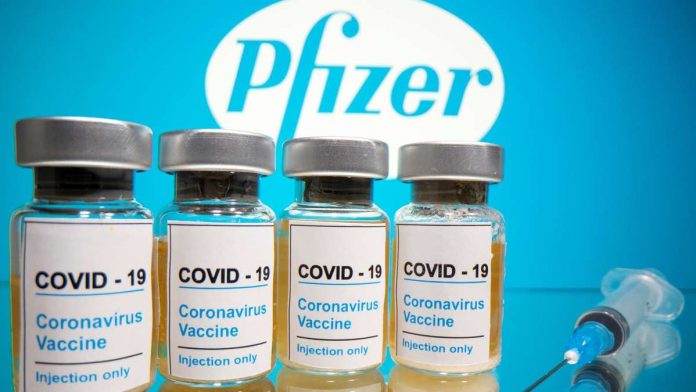People with a history of “significant” allergic reactions have been told not to take the Pfizer/BioNTech Covid-19 vaccine after two NHS workers who received the jab had “adverse” reactions.
NHS England confirmed that two staff members who were administered doses on Tuesday – on the first day of the mass vaccination programme – suffered an allergic reaction.
Both staff members have a significant history of allergic reactions, to the extent where they need to carry an adrenaline auto-injector with them, it is understood.
They developed symptoms of “anaphylactoid reaction” shortly after receiving the vaccine, but both recovered after the appropriate treatment.
After the incident, the Medicines and Healthcare products Regulatory Agency (MHRA) told NHS trusts that anyone who has a history of “significant” allergic reactions – including to medicines, food or vaccines – should not currently receive the vaccine.
The NHS in England said all trusts involved with the vaccination programme had been informed. This means that anyone scheduled to receive the vaccine on Wednesday will be asked about their history of allergic reactions.
Professor Stephen Powis, national medical director for the NHS in England, said: “As is common with new vaccines, the MHRA have advised on a precautionary basis that people with a significant history of allergic reactions do not receive this vaccination after two people with a history of significant allergic reactions responded adversely yesterday.
“Both are recovering well.”
Dr June Raine, chief executive of the MHRA, which approved the Pfizer/BioNTech jab, said that similar reactions “were not a feature” of the vaccine trials.
She told a committee of MPs that careful plans had been made for “real-time vigilance” when monitoring side effects from vaccinations and that any updates to advice for patients would be communicated “immediately”.
“The role is before, during and after, and there is a true end-to-end looking from the scientific laboratory bench through to the patient who yesterday first received the vaccine,” she told the Commons Science and Technology Committee.
“As an illustration to this, I may share with the committee that even last evening we were looking at two case reports of allergic reaction.








